Mechanical Vs. Hydraulic Disc Brakes For Electric Bikes

When it comes to choosing the right brakes for your e-bike, there are two main options: mechanical disc brakes and hydraulic disc brakes. Both types of brakes are effective at stopping an e-bike, but they work differently and each has advantages and disadvantages. In this blog, we'll take a look at mechanical versus hydraulic brakes, comparing their performance, maintenance, cost, and other factors to help you make an informed decision about which brake is right for you.
Before comparing mechanical brakes and hydraulic brakes, let's introduce their working principles, advantages and disadvantages.
Mechanical Disc Brake.
Mechanical disc brakes, also known as cable brakes, use wires or cables to transmit the braking force from the brake lever to the brake pads. This simple and straightforward system has been used on bicycles for over a hundred years, carried over to electric bikes, and is the choice of most e-bikes today.
One of the advantages of mechanical brakes is that they are relatively inexpensive compared to hydraulic brakes. They can also be easily adjusted and replaced by the rider, making them a good choice for e-bike DIYers or those on a budget. Additionally, mechanical brakes are generally considered more reliable than hydraulic brakes because they have fewer moving parts and are less prone to failure.
However, mechanical brakes also have disadvantages. One of the downsides is that they may have issues with poor braking performance in wet or muddy conditions because the cables can get stretched or rust over time. This results in longer stopping distances and weaker control, which can be dangerous in some situations. Also, mechanical brakes require more effort to activate the pads, which can be tiring on long rides.
Hydraulic Disc Brakes.
Hydraulic disc brakes use a sealed fluid-filled system to transmit braking force from the brake lever to the brake pads. The braking system is more complex than mechanical brakes, but it can provide many benefits in braking performance.
One of the great advantages of hydraulic brakes is their excellent braking performance. The fluid system allows for more precise and consistent braking force, resulting in shorter stopping distances and better control in all weather conditions. This is especially useful on mountain bikes or road bikes, where strong, reliable brakes are critical to safety. Hydraulic brakes require less effort to activate the pads, which can be more comfortable on long rides.
However, hydraulic disc brakes also have some disadvantages. A major problem is their higher cost compared to mechanical brakes. Hydraulic disc brakes are generally more expensive to purchase and maintain because they require periodic bleeding and fluid replacement. This can be a huge expense over the life of an e-bike. Additionally, hydraulic disc brakes are more difficult for the average rider to adjust and service because they require specialized tools and knowledge to operate. That means any maintenance or repairs will likely need to be done by a specialist bike shop, adding to your bill.

Performance comparison.
So, how do mechanical disc brakes and hydraulic disc brakes compare in terms of performance? Generally speaking, hydraulic brakes are considered a better choice because they provide more precise and consistent stopping power. This results in shorter stopping distances and better control in all weather conditions, which is important for safety and confidence on the road or trail. Speaking of safety, if you are new to electric bikes, you need to read our 9 electric bike safety tips.
However, it is worth noting that the performance of mechanical and hydraulic brakes will vary based on many factors, including the quality of the components, the condition of the pads and the technique of the rider. With proper maintenance and settings, mechanical brakes can provide good stopping performance, but they may not be as reliable or consistent as hydraulic brakes in all conditions.
Maintenance comparison.
When it comes to maintenance, both mechanical and hydraulic disc brakes require regular servicing to ensure optimum performance and safety. Mechanical disc brakes require adjustment or cable replacement over time, while brake pads need to be replaced as they wear. This maintenance can be done by the rider, but requires some basic knowledge and tools.
Hydraulic disc brakes, on the other hand, require more professional maintenance. The fluid in the system needs to be bled and replaced periodically to ensure proper operation, and the brake pads need to be replaced as they wear. This maintenance can be done by a professional bike shop, but it can be more expensive than maintaining mechanical brakes. Also, if there is a problem with a hydraulic system, it can be more difficult and costly to diagnose and repair than a mechanical system.
Cost comparison.
A major factor to consider when choosing between mechanical and hydraulic disc brakes is cost. In general, mechanical brakes are less expensive than hydraulic brakes, both at the risk of initial purchase price and ongoing maintenance costs. This can be an important factor for budget-conscious e-bike users or those who don't want to spend a lot of money on maintenance and repairs.
However, it's worth noting that the cost of brakes can vary depending on the specific component and brand. Some high-end mechanical brakes can be as expensive as hydraulic brakes, and some low-quality hydraulic brakes can be less expensive than high-quality mechanical brakes. It's important to carefully compare the costs of different braking options and consider long-term value for money before making a decision.
Other factors to consider.
In addition to the above factors, there are a few other factors to consider when choosing between mechanical and hydraulic brakes for your e-bike.
One factor is brake compatibility with e-bike frames and forks. Some frames and forks are designed specifically for use with hydraulic brakes, while others may be better suited for mechanical brakes. It is very important to check the compatibility of your brakes with your e-bike before purchasing.
Another factor is the weight of the brakes. Generally, hydraulic brakes are heavier than mechanical brakes due to the extra components and fluid in the system. This may be a consideration for e-bike users looking to reduce the weight of their bike, or those who need to lift or carry their e-bike frequently.
Another factor is disc brakes. Hydraulic brakes usually require better disc brakes to be used together, and the diameter of the disc brakes is usually required to be higher, while mechanical brakes only need ordinary disc brakes, there is no special requirements, even small diameter disc brakes can be used.
Conclusion.
When it comes to e-bikes, there are pros and cons to both mechanical and hydraulic brakes. Mechanical disc brakes are an economical and efficient option, but may not provide optimal braking performance in all conditions, and are prone to overstretching and rusting. Hydraulic disc brakes provide excellent braking performance, but are more expensive and require more maintenance. Ultimately, the choice between the two will depend on the specific needs and preferences of the e-bike rider. It is important to carefully consider performance, maintenance, cost and other factors before making a decision and choose a high-quality braking system that is compatible with the e-bike and meets the needs of the rider.




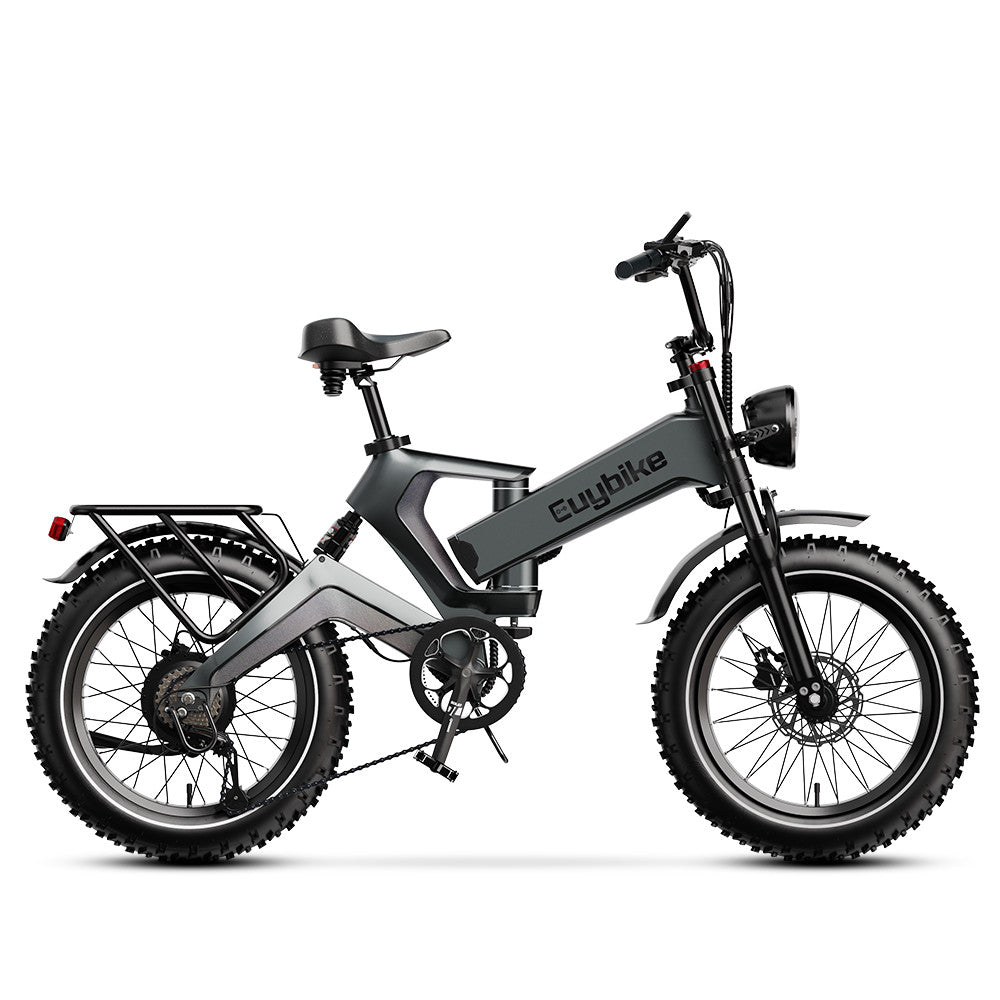
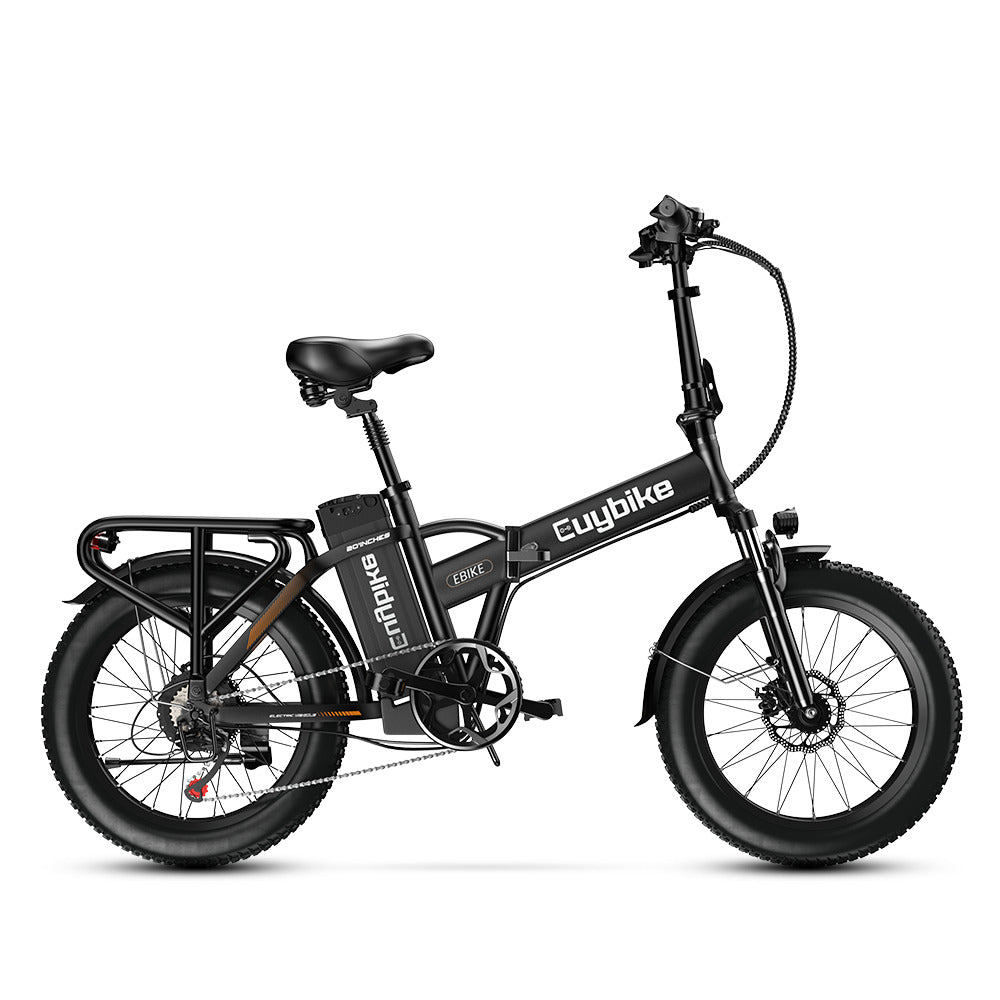
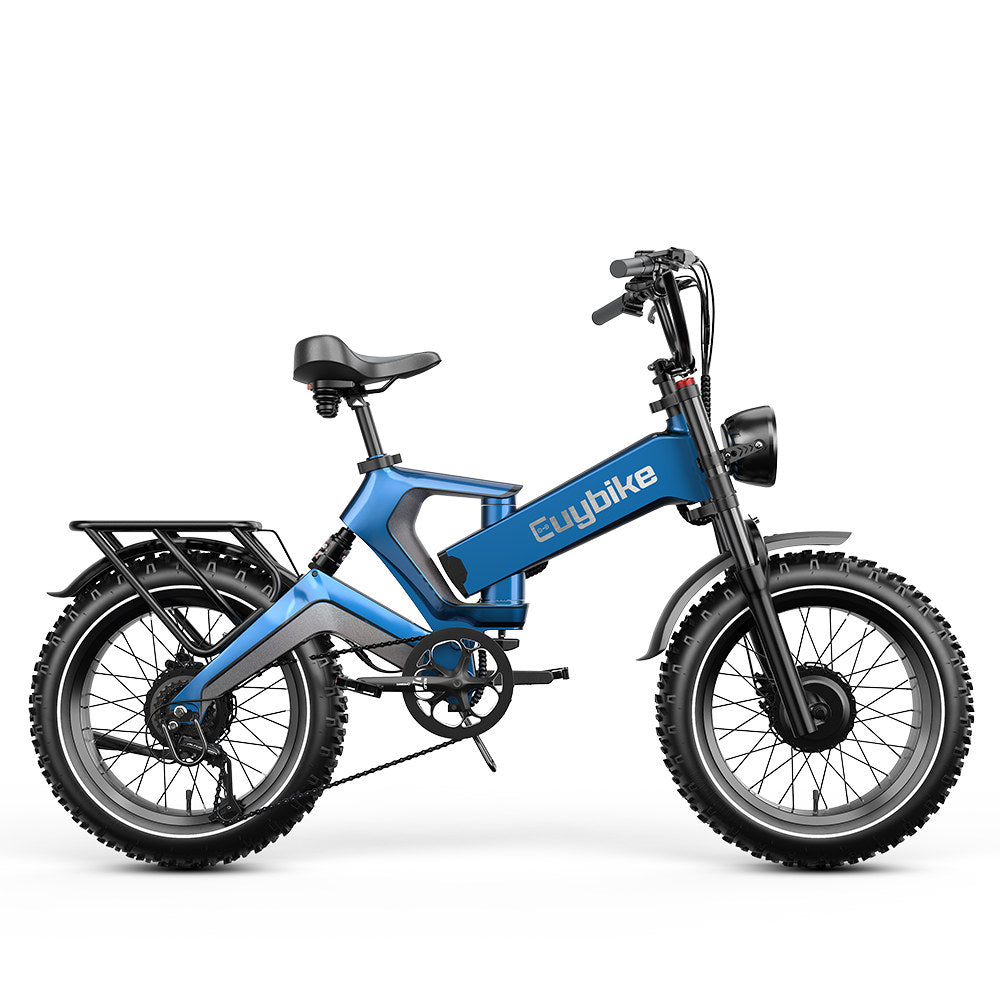
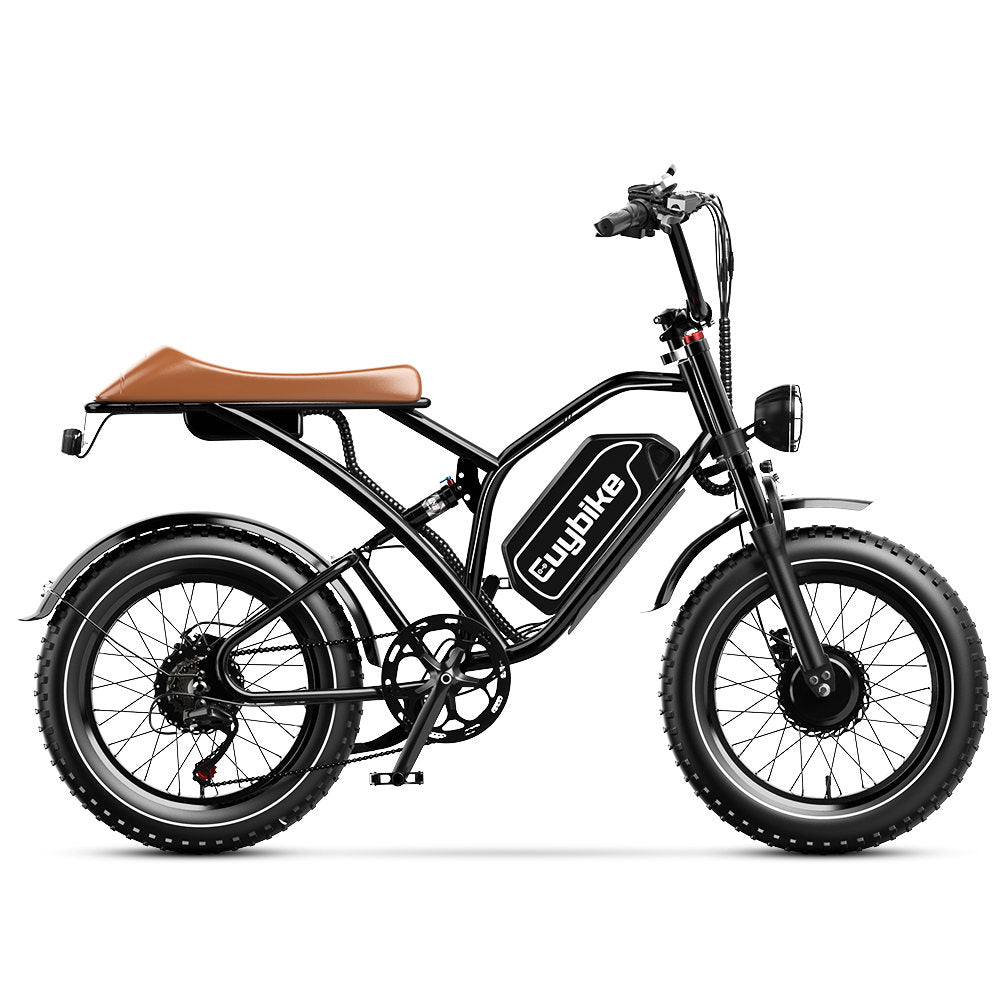
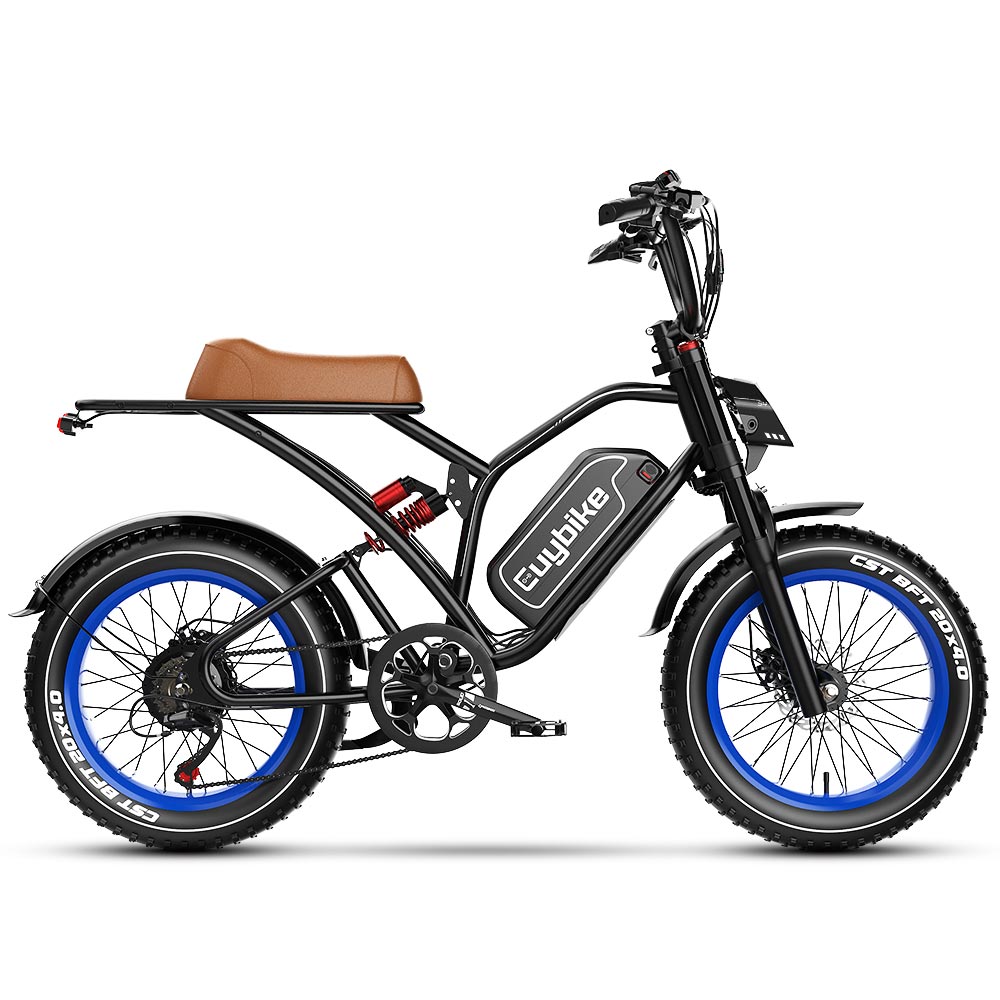
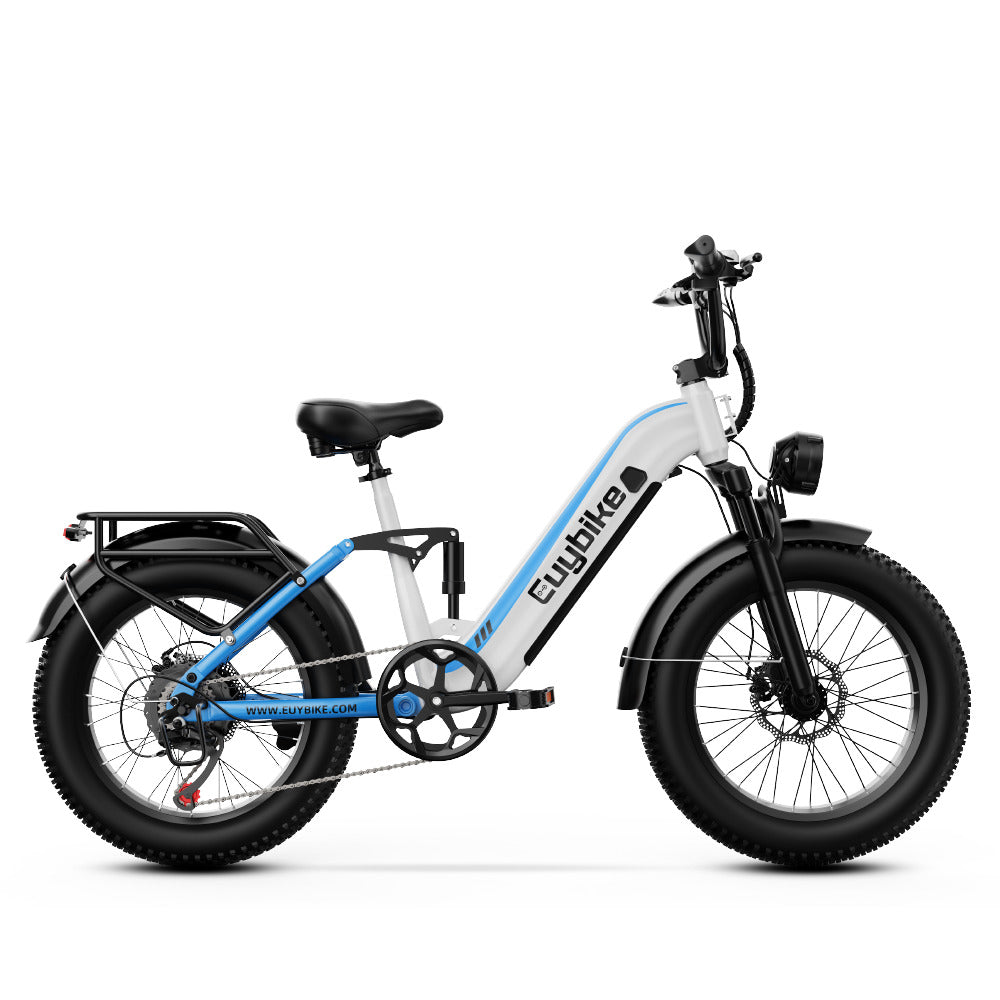
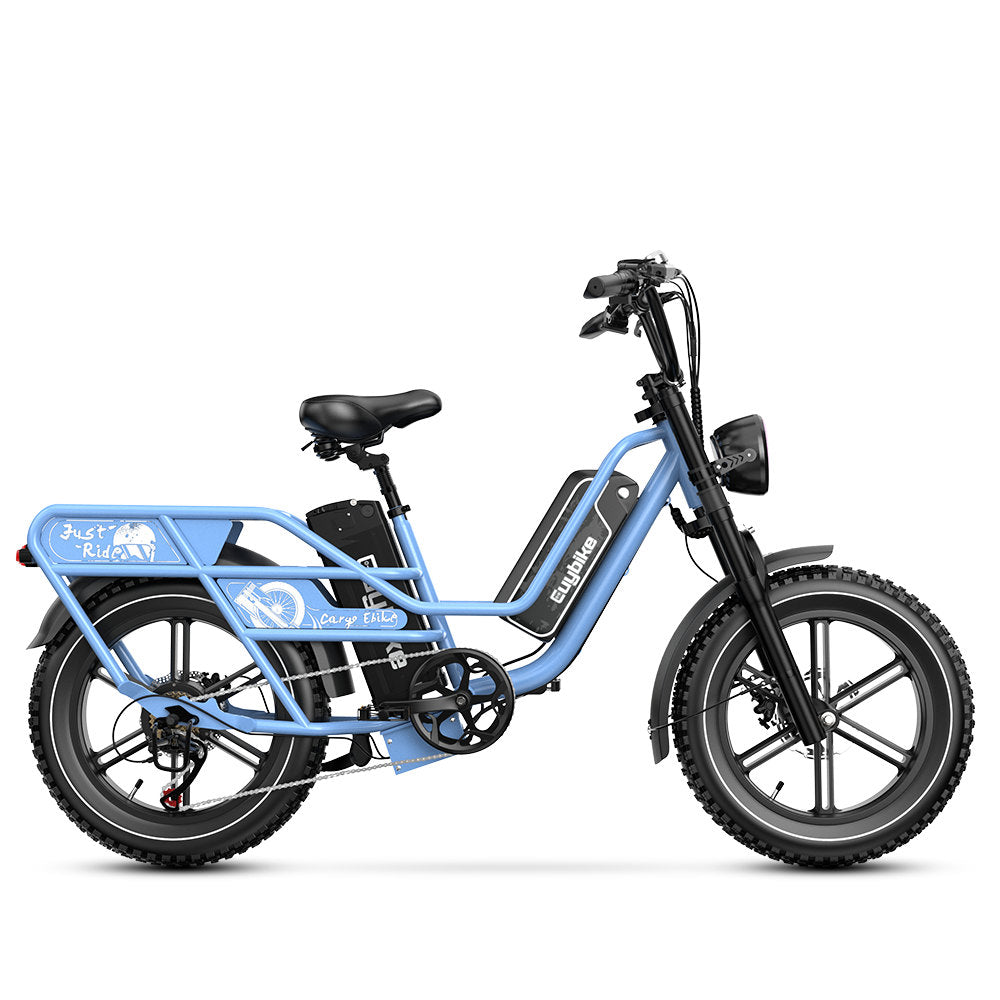
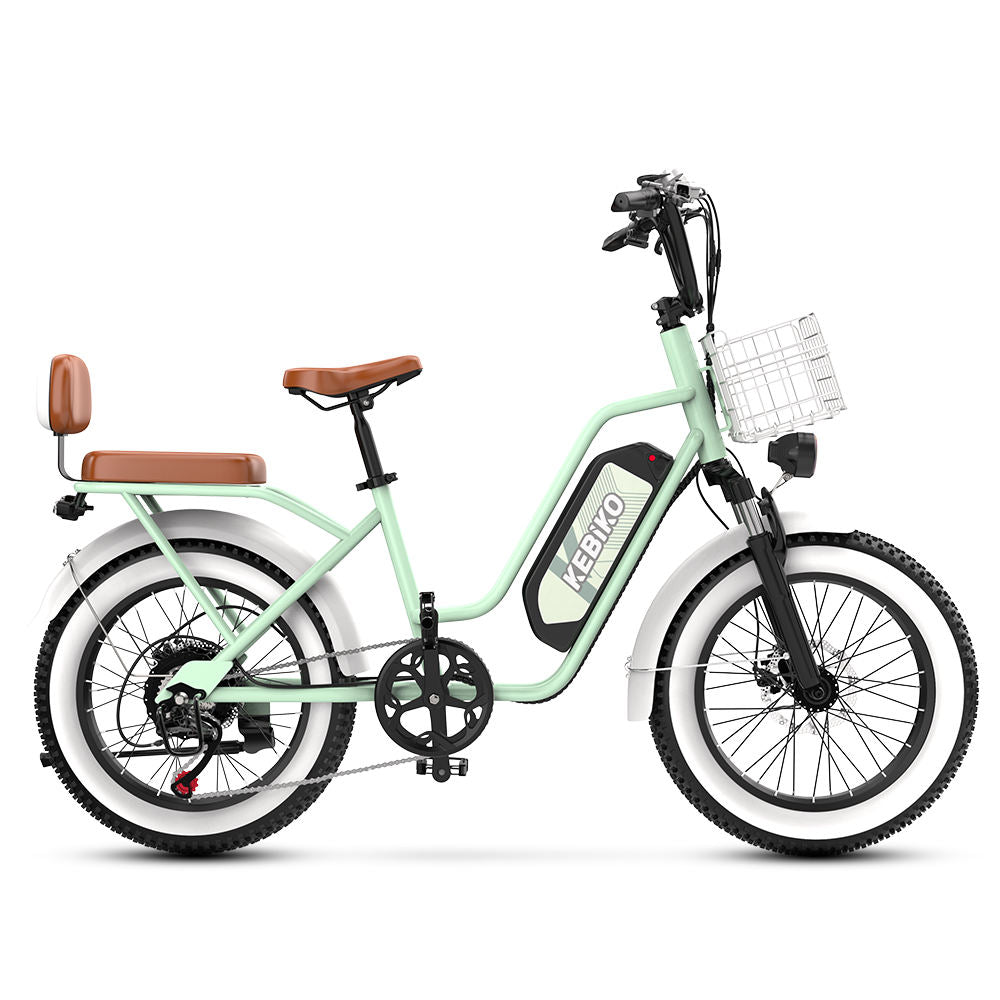
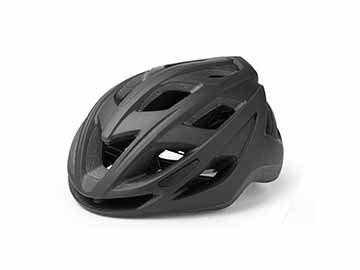
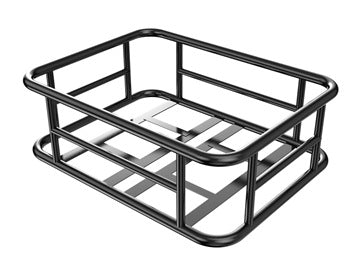
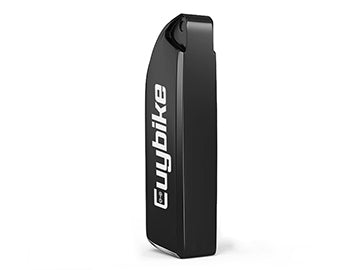
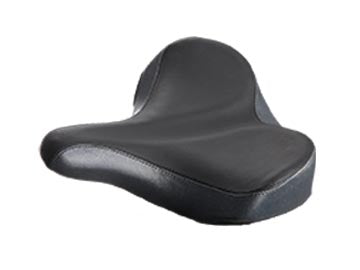
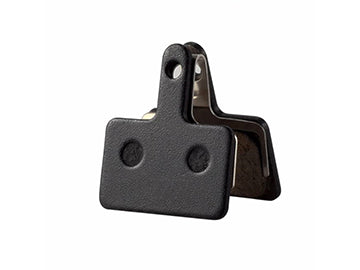
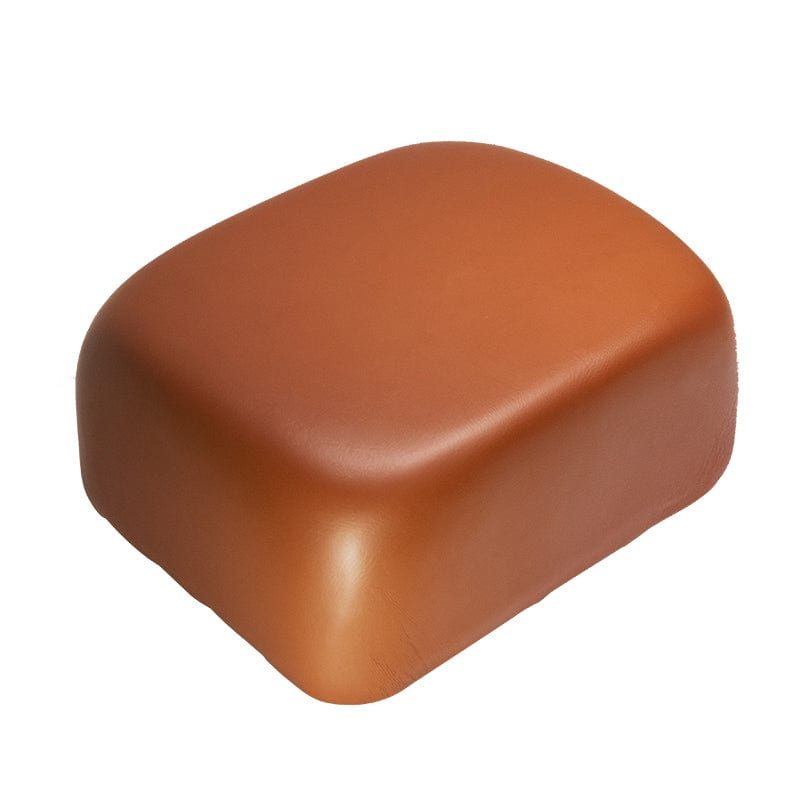
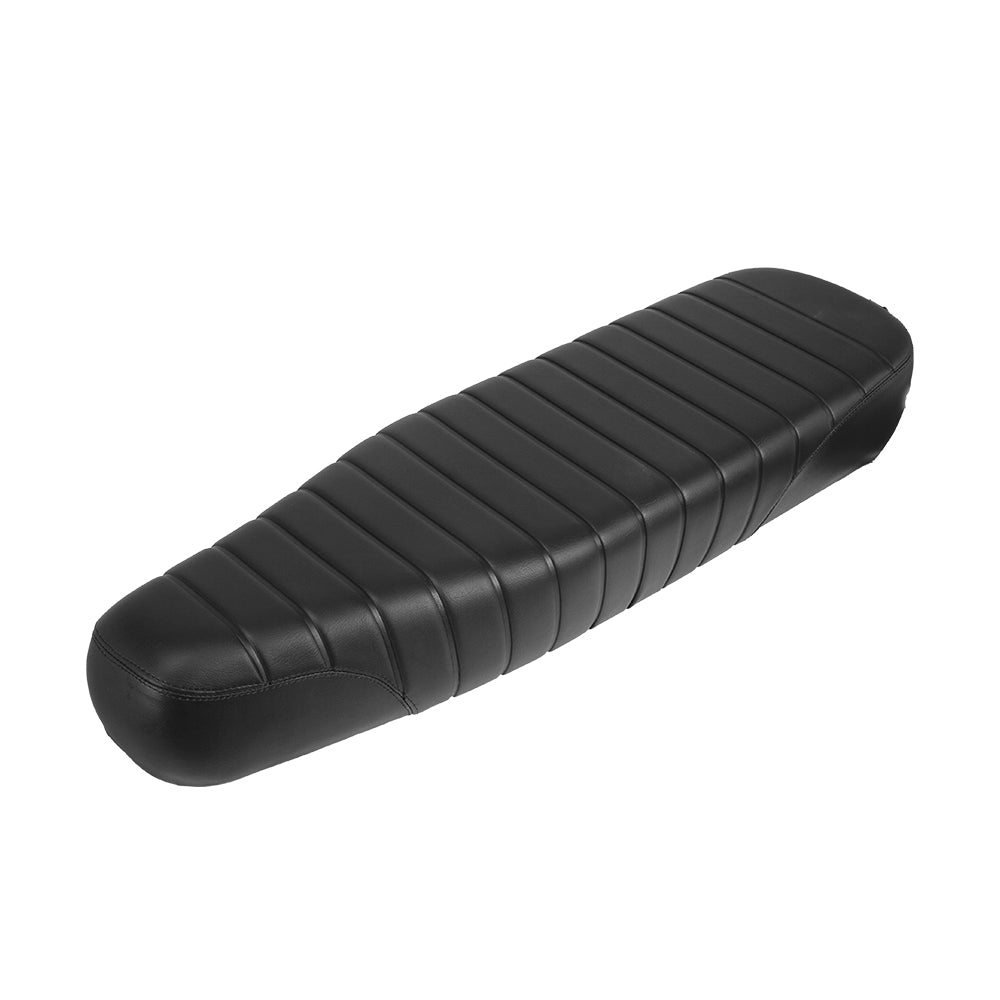
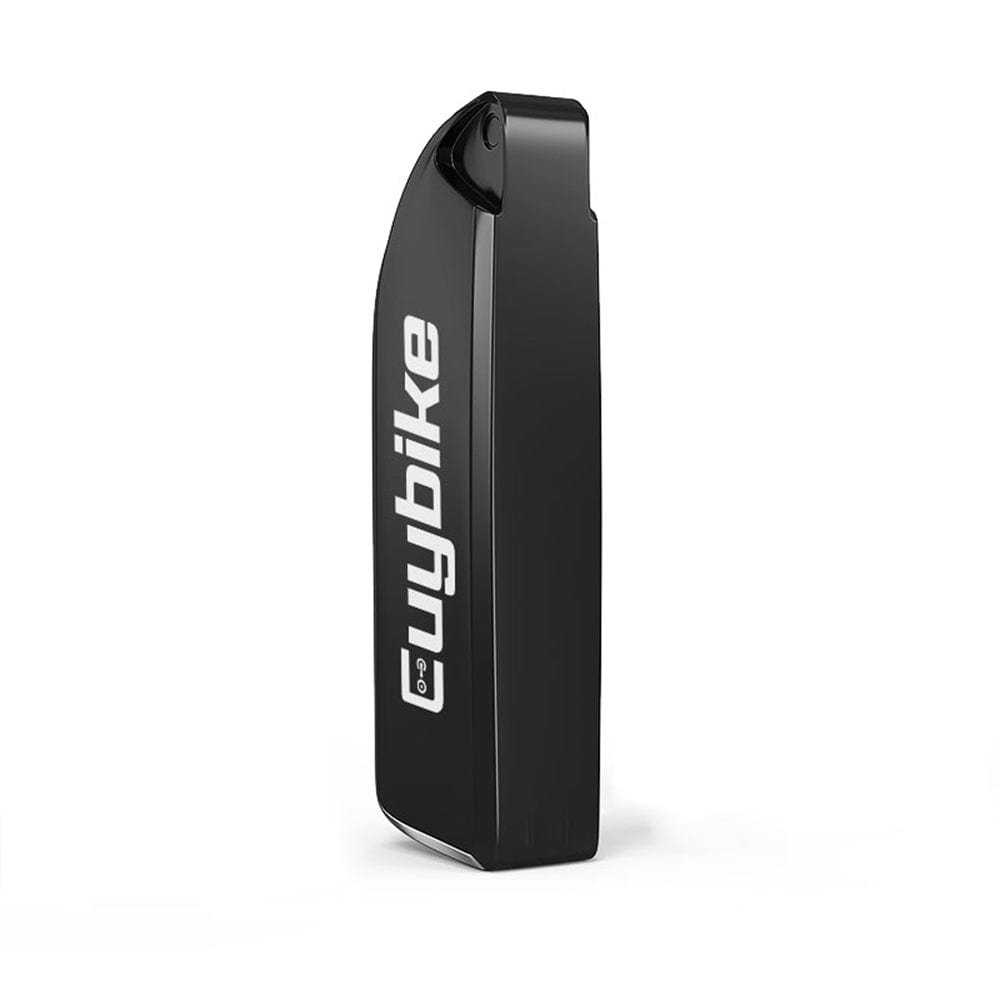
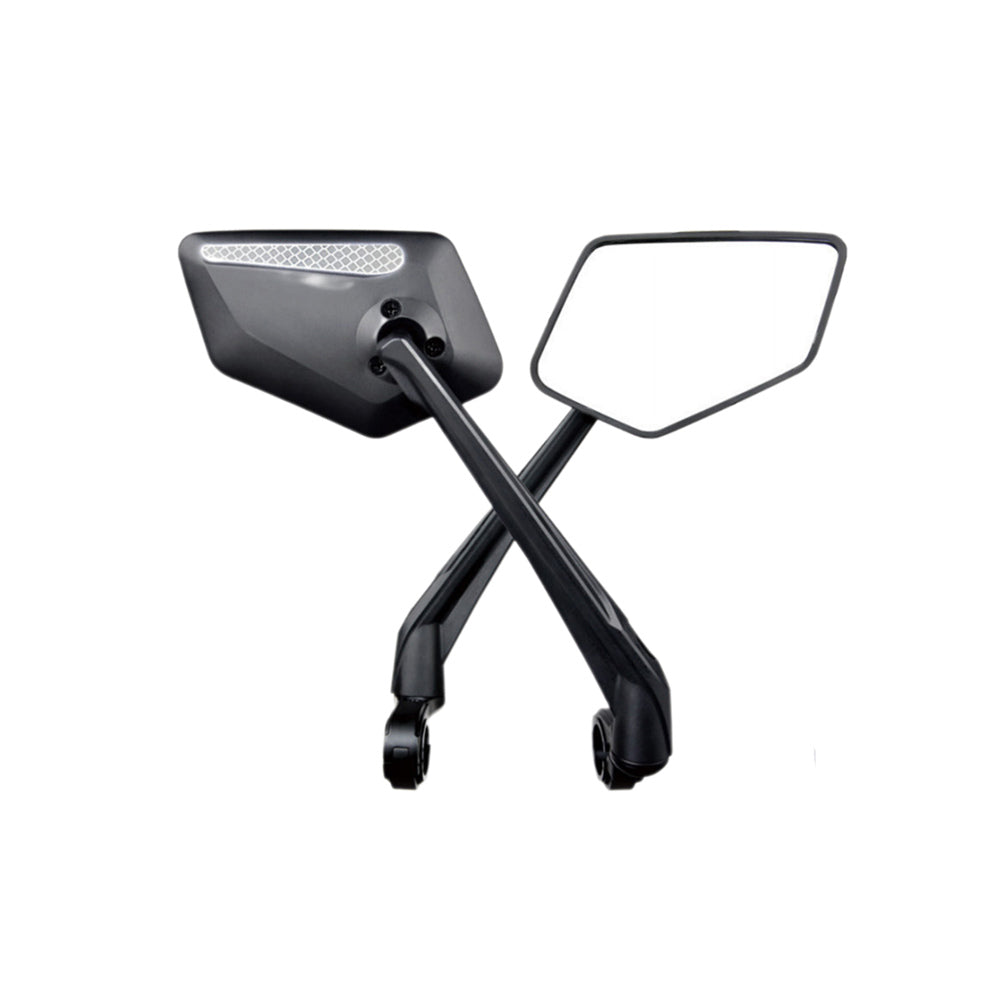
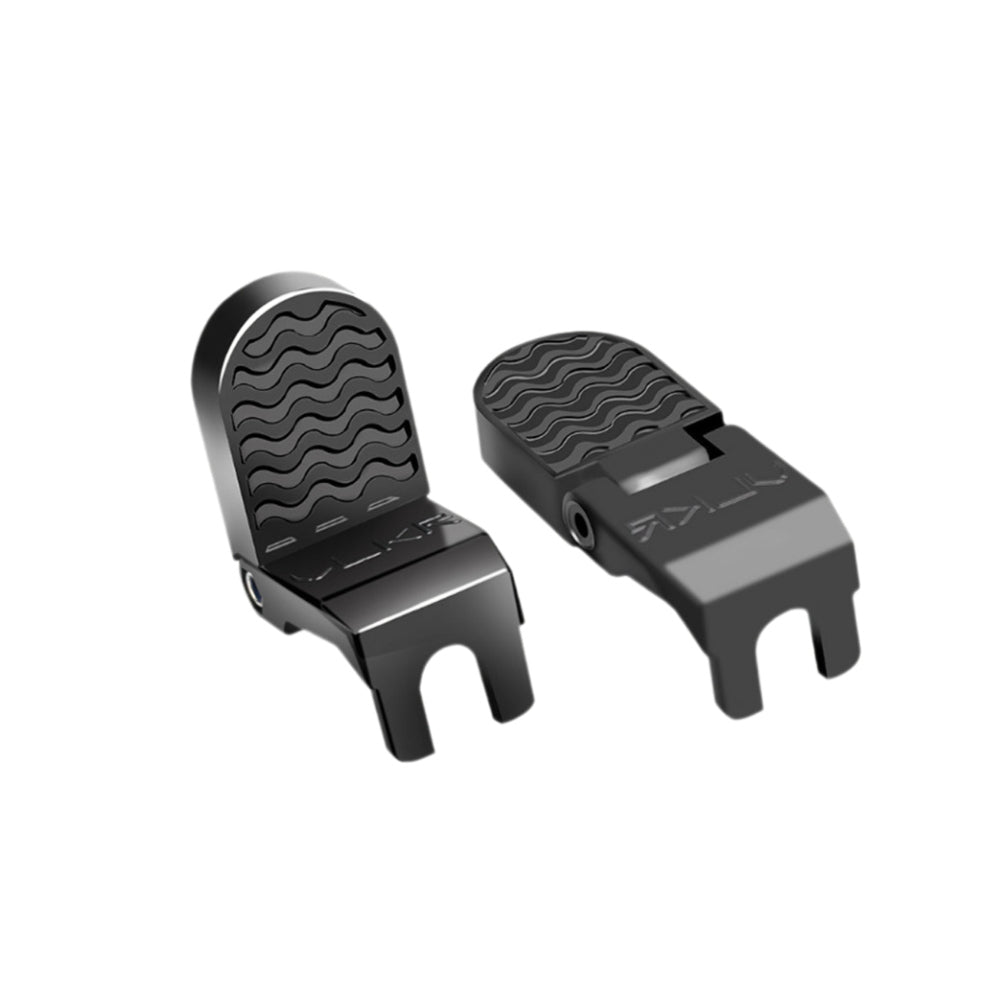
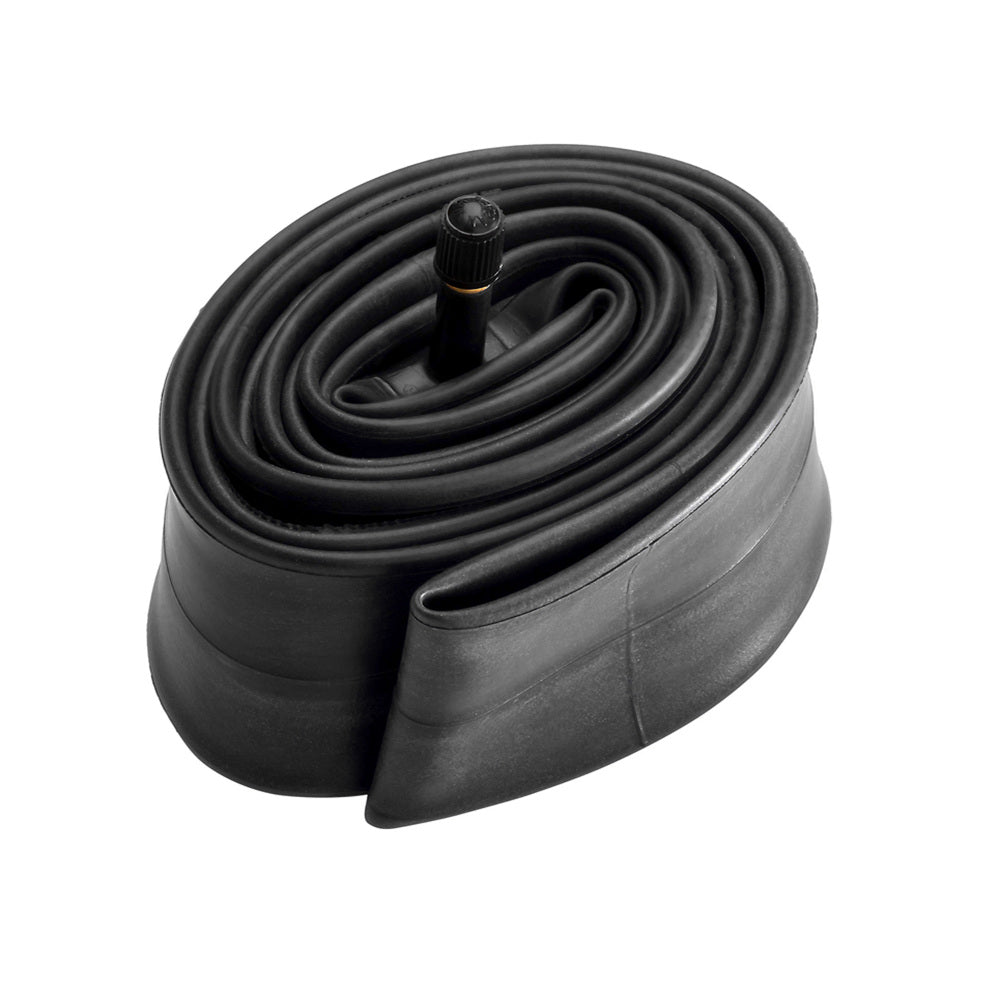
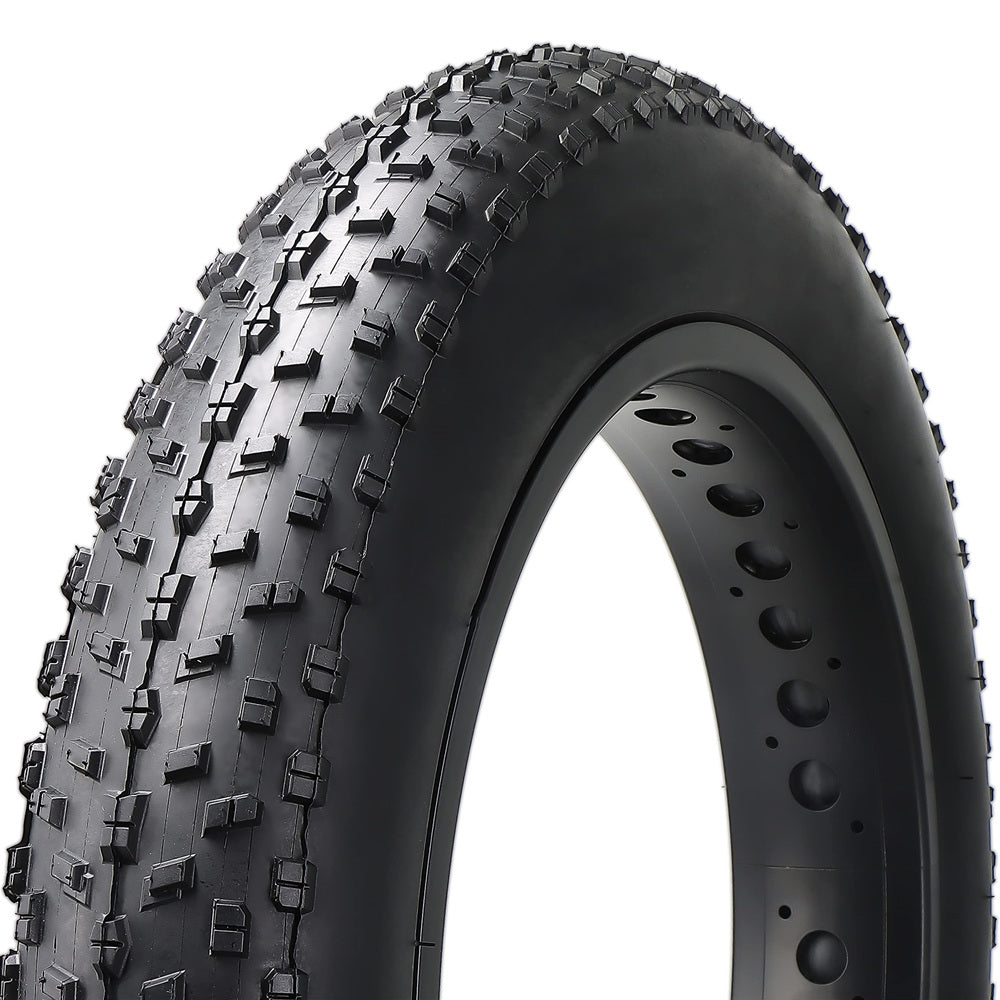
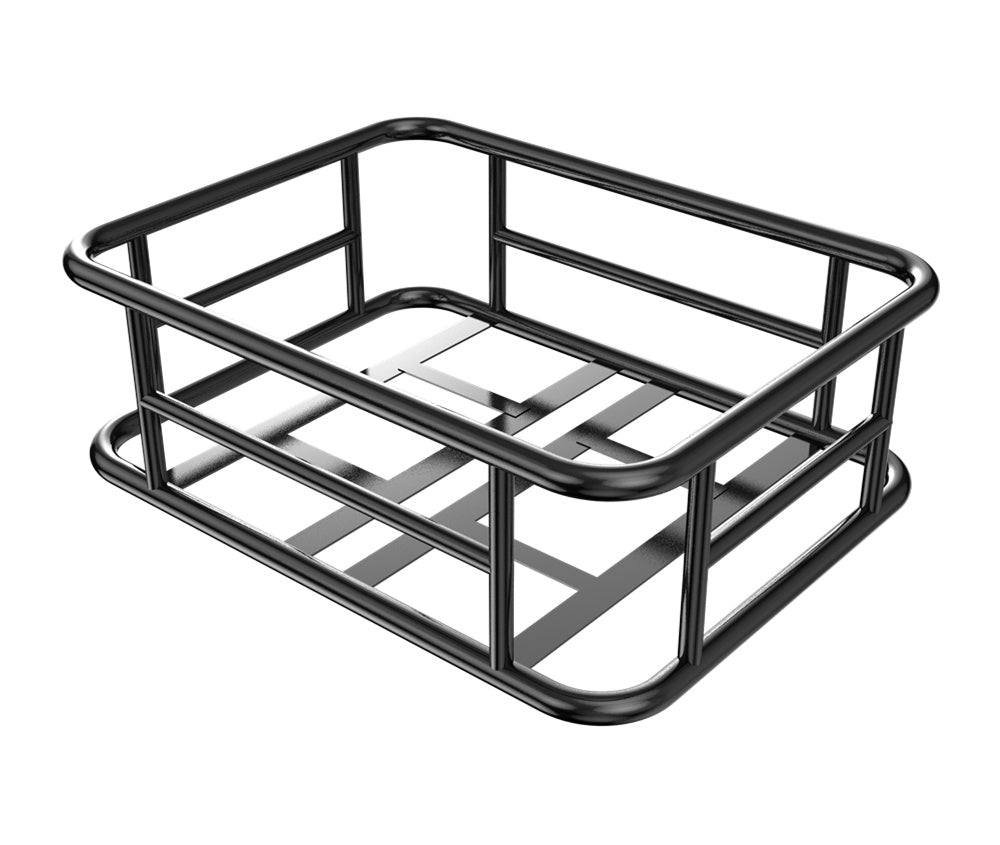
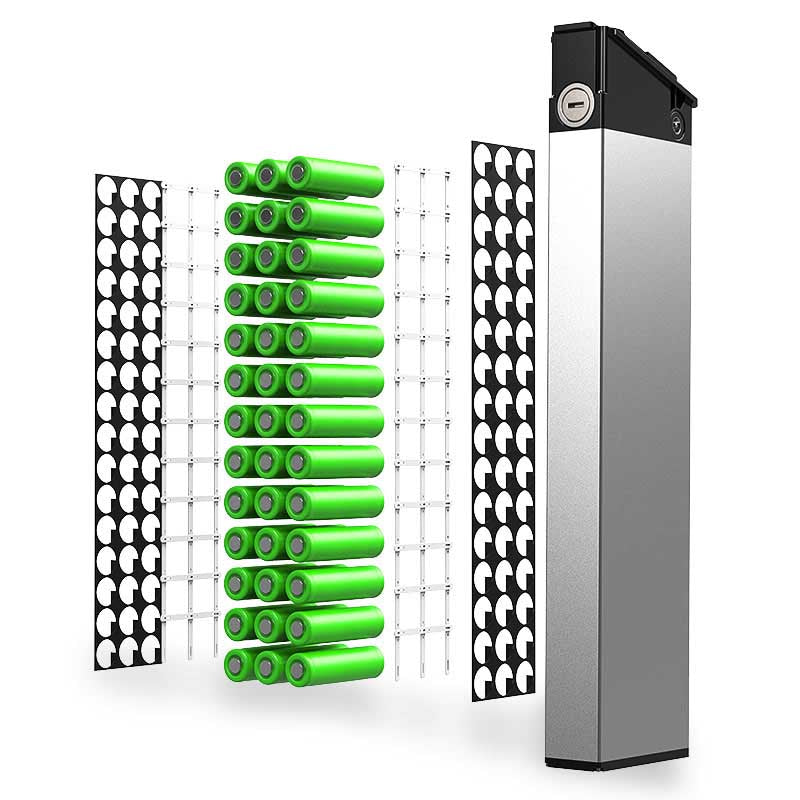
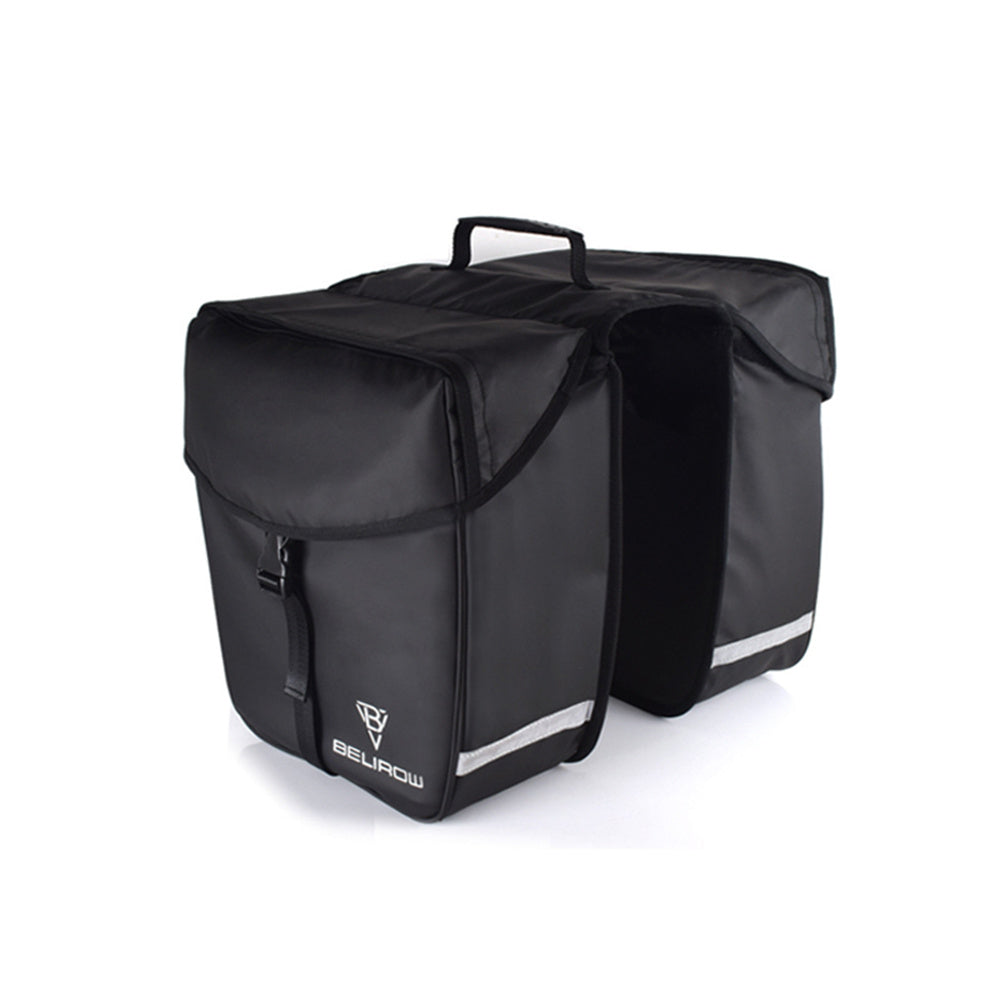
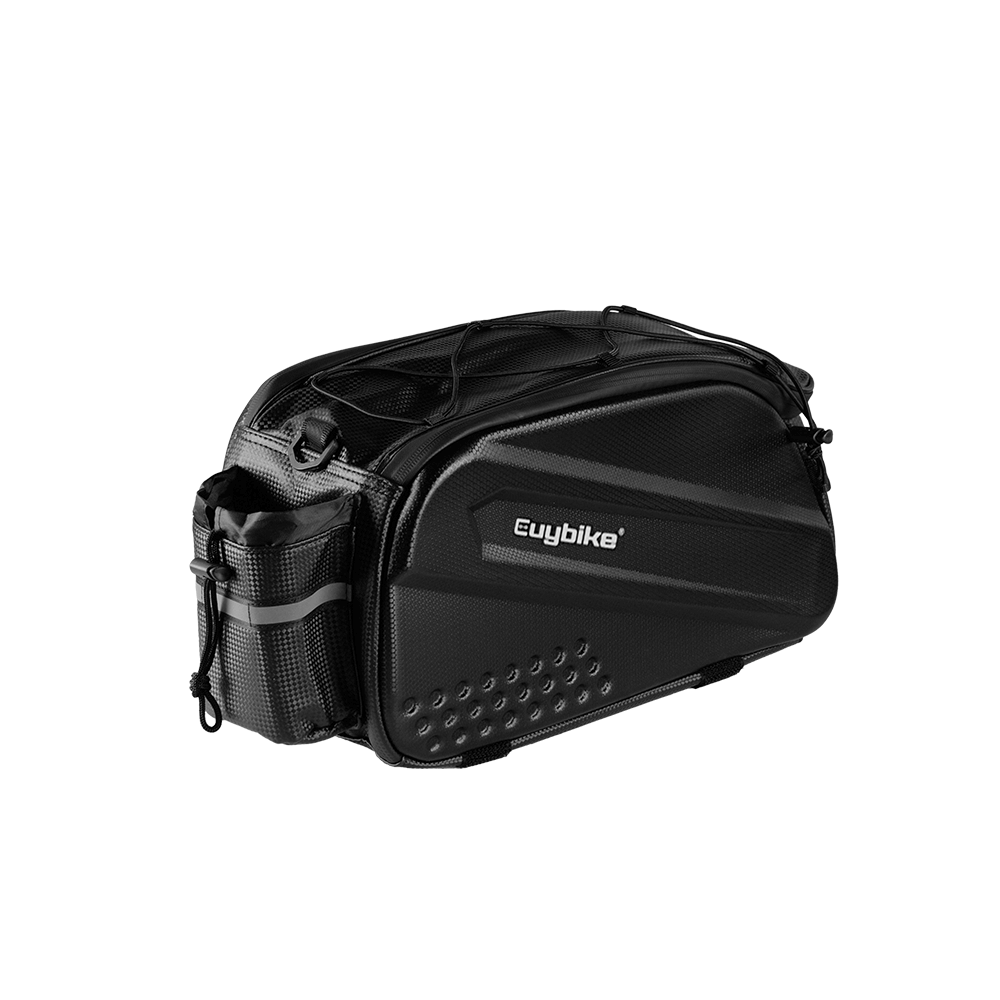
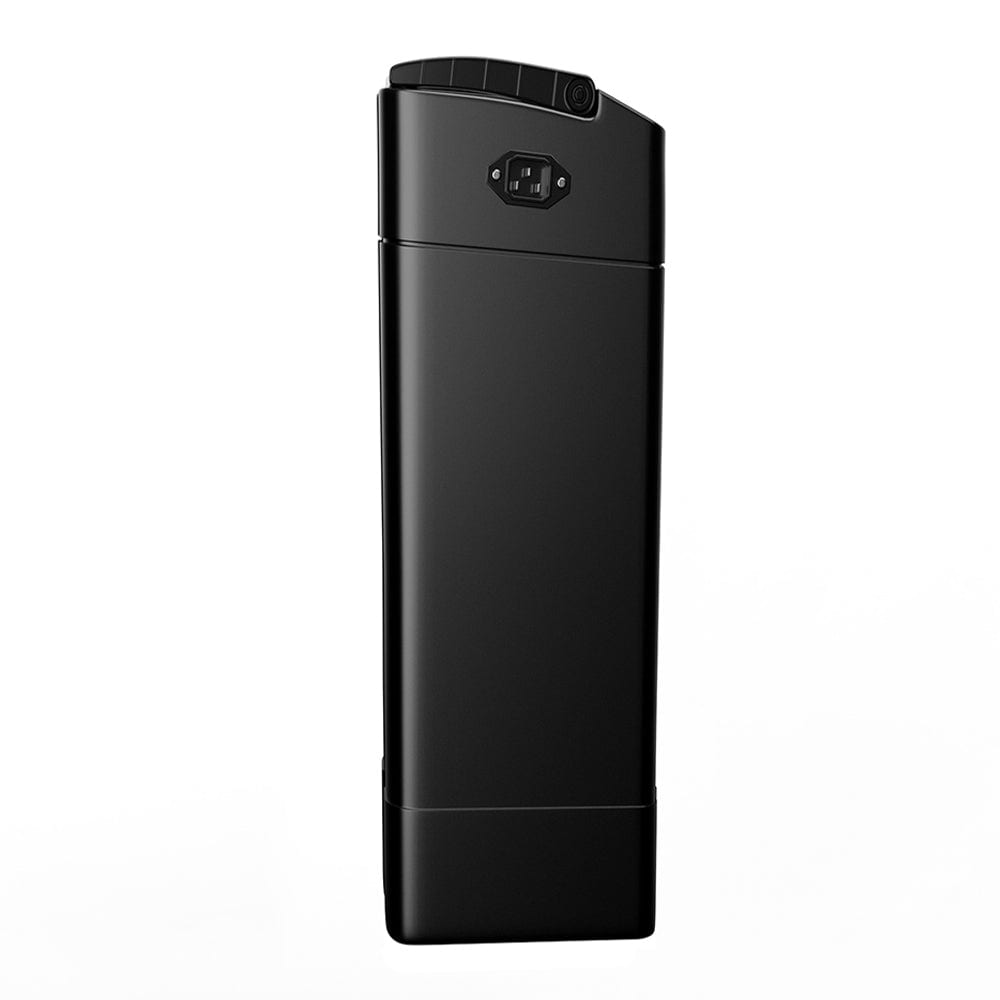



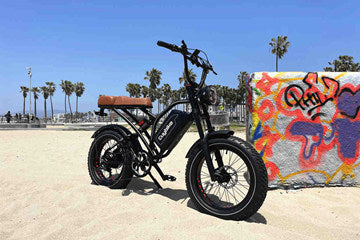
Leave a comment